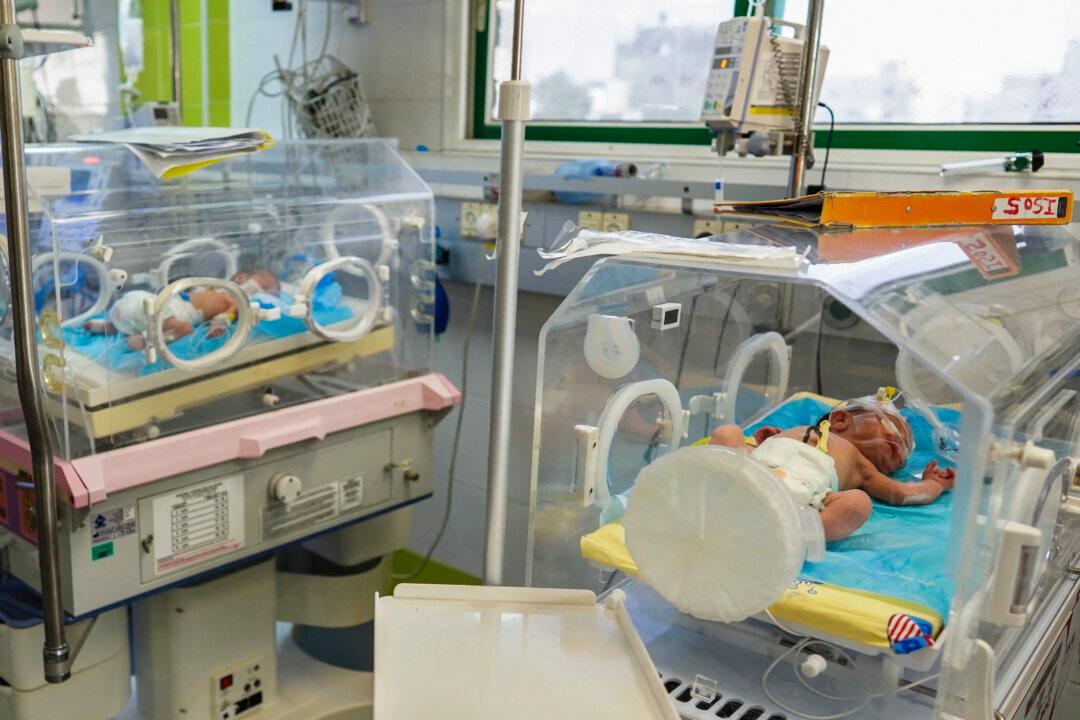Women who smoke cannabis or consume it via edibles while pregnant face a higher risk of health complications than those who abstain, a new study has found.
According to the July 22 study published in the monthly peer-reviewed medical journal AMA Internal Medicine, researchers studied the electronic health records of 316,722 early-stage pregnancies between 2011 and 2019 and found prenatal cannabis use was associated with higher risks of complications.






